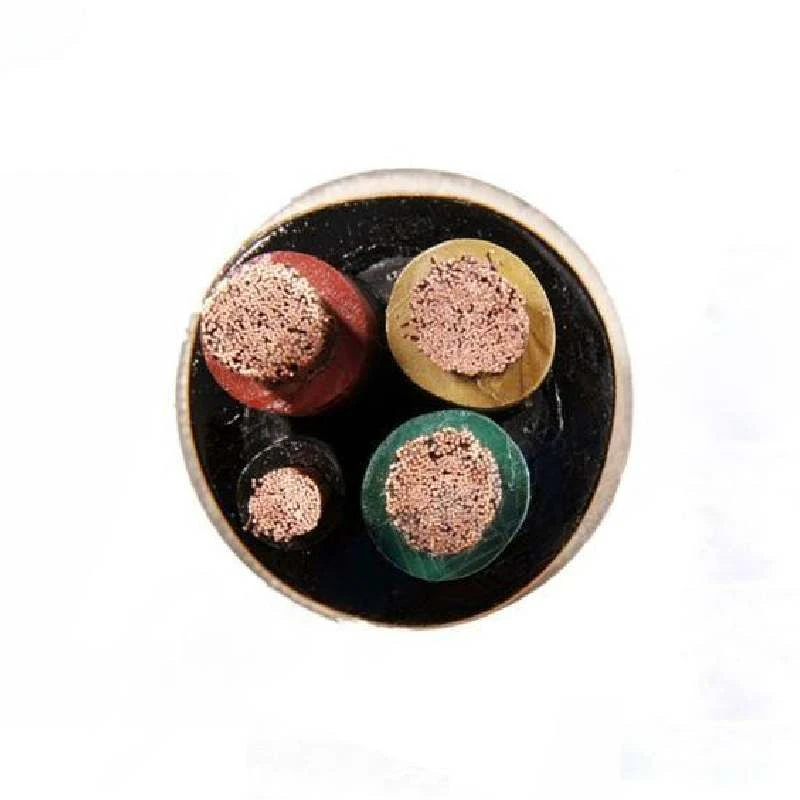Dec . 30, 2024 19:03 Back to list
Understanding the Functionality and Benefits of Water Ball Valves in Plumbing Systems
Understanding Water Ball Valves Key Components and Benefits
Water ball valves are essential components in modern plumbing and industrial applications, designed to control the flow of water and other liquids with precision and ease. These valves are named for their distinct construction, featuring a hollow, perforated sphere (or “ball”) that regulates flow when it rotates. This article explores the intricacies of water ball valves, detailing their features, benefits, and applications.
Structure and Function
At the core of any water ball valve is the ball itself, typically made from durable materials such as brass, stainless steel, or PVC. The ball has a hole that allows fluid to pass through when aligned with the inlet and outlet ports. When the valve is fully opened, liquid flows freely; when the ball is rotated 90 degrees, the flow is completely shut off.
The construction of ball valves enables them to provide a reliable sealing mechanism, which minimizes the risk of leaks. The valve body, often cylindrical in shape, houses the ball and is equipped with two ports an inlet and an outlet. The handles are generally user-friendly, allowing for quick operation. Most ball valves feature a quarter-turn action, which not only makes them easier to use but also enhances their durability and performance.
Advantages of Water Ball Valves
1. Efficiency in Flow Control One of the primary advantages of a ball valve is its ability to control the flow of liquids with minimal resistance. When fully opened, it allows for a straight-line fluid path, facilitating high flow rates.
2. Durability and Longevity Ball valves are highly durable, often able to withstand extreme temperatures and pressures. Their robust design means they can operate effectively in various industrial settings, including those that involve corrosive substances.
water ball valve

3. Quick Operation The quarter-turn mechanism translates to quick and easy operation. This feature is particularly beneficial in emergency scenarios where rapid shut-off is necessary to prevent accidents or damage.
4. Lower Maintenance Needs Due to their simple design and effective sealing, ball valves require minimal maintenance. This economical factor makes them a preferred choice in many applications.
5. Versatility Water ball valves can be used in an array of settings, from residential plumbing to large-scale industrial applications. They are compatible with various media, including water, oil, and gas.
Applications
Water ball valves find their usage across numerous sectors. In residential plumbing, they are commonly employed to control the supply of water to fixtures, such as sinks and toilets. In industrial contexts, these valves are crucial for managing the flow of fluids in processing plants, chemical plants, and water treatment facilities. They’re also used in irrigation systems, where precise control over water flow is vital for sustainable agricultural practices.
Conclusion
In summary, water ball valves play a pivotal role in fluid control applications, boasting a combination of efficiency, durability, and ease of use that sets them apart from other types of valves. Their effective design makes them suitable for a wide range of environments, from home plumbing to industrial systems. Investing in quality ball valves can significantly enhance the performance and reliability of fluid control systems, ensuring safe and efficient operations for years to come. Whether you are building a new system or upgrading existing infrastructure, understanding the value and application of water ball valves will guide you in making informed choices.
Share